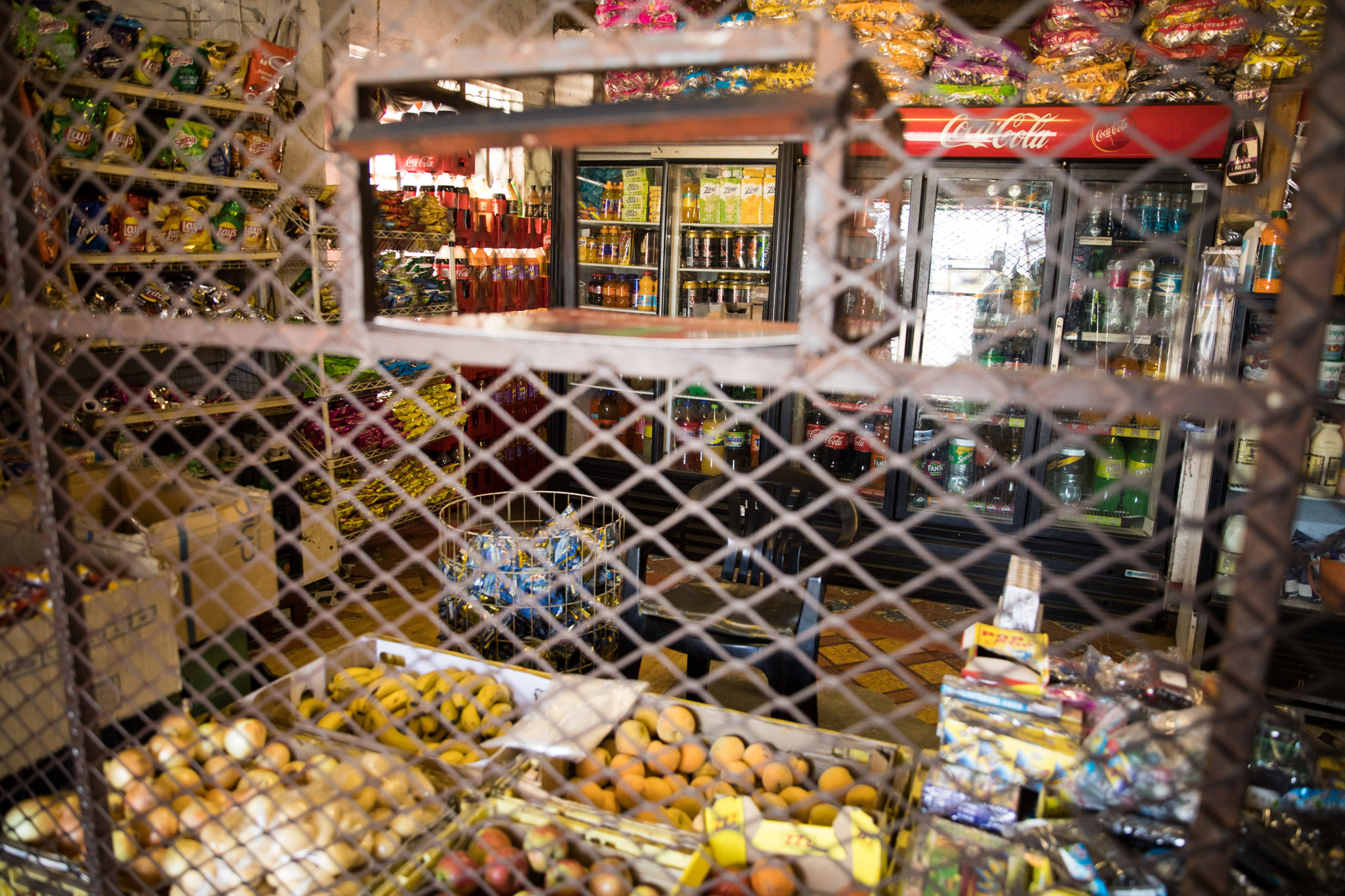
NUTRITION INSECURITY
Food insecurity is not a Covid-related shock, but a chronic, systemic problem in South Africa
The national government has repeatedly been shown to lack the political will to work towards meaningfully addressing food and nutrition security.
The theme for World Food Day this year is ‘Our actions are our future: better production, better nutrition, a better environment and better life’. So, on this World Food Day we need to ask: are our government’s actions on food policy sufficient to move us towards a better life for all?
Unfortunately, the evidence suggests that the answer is a clear no.
Despite the constitutional right to food for all and the specific right to basic nutrition for all children, we have shockingly high levels of long-term food insecurity and devastatingly high levels of child stunting. A country like South Africa should not have more than a quarter of children under the age of five stunted.
While the Covid-19 crisis drew attention to the problem of food insecurity, the reality is that even before Covid about half of the population were unable to afford a basic healthy diet. Food insecurity is not a Covid-related shock, but a chronic, systemic problem in South Africa. Our current actions are clearly not sufficient to move us towards a food-secure future.
The national government has repeatedly been shown to lack the political will to work towards meaningfully addressing food and nutrition security, and to lack a basic understanding of the means by which ordinary citizens access food. This was clear during Covid when one of the first responses of the state was to shut down informal food vendors, as well as the ongoing battle to get school feeding restarted. This is not a problem without history.
When the National Policy on Food and Nutrition Security was (unexpectedly) gazetted in 2014 a number of civil society organisations had to petition for due public consultation on the policy and the implementation plan. The multistakeholder National Food and Nutrition Advisory Committee promised in the policy has yet to materialise, and the policy has been accused of being overly focused on expanding and stabilising national food production and overall market efficiency rather than working to address household food security.
It has been argued that the government has failed to fully understand its role with regards to the right to food. Within a rights-based framework, the government has a responsibility to respect, protect and fulfil the right to food. The state’s policies focus on fulfilling the right through programmes like smallholder farmer support, but have failed to address the concentration in the South African food system that undermines smaller actors in the food system, and have therefore failed to protect the right to food.
There is clearly a need for the government to do better. The World Food Day theme suggests how this might be achieved: “Our actions are our future: Better production, better nutrition, a better environment and a better life” suggests two things. First, that the solution lies in collaborative action. This is our collective future to be made by our collective actions. Second, that systemic rather than sectoral solutions are required, and that achieving food security rests on working across policy silos.
The good news is that the seeds for better responses are there.
The incredible response of civil society organisations to food insecurity since the start of the Covid crisis has not just been able to address the shock of food insecurity, but has started to plot pathways towards better food futures. New and stalwart food activists have worked together to provoke new discussions and establish new programmes for transformative action. See for example the remarkable Dala Kitchen: More than a Cookbook. Activists have held the government to account for its failures and have attempted to work with it to address food insecurity. More inclusive governance is necessary if the government is to address food insecurity.

A spaza shop in Zweletemba township outside Worcester in Cape Town. (Photo: Samantha Reinders).
Systemic responses are being tested at the local government scale. Although largely neglected in national-level food security discussions, a number of local governments are acknowledging the rising levels of urban food insecurity and recognising their role in shaping food security and food systems.
The City of Cape Town, for example, has established a food systems working group and conducted a mandates audit to understand where it has capacity to act to address food security and food systems issues. The City of Joburg’s Food Resilience Unit has worked to connect a number of innovative food projects. These systemic approaches try to start with an understanding of the lives of residents and of the food systems they live in.
If the government is to improve its response to food and nutrition insecurity, it is going to take multilevel, transversal and inclusive approaches that are informed by the lived experience of the food insecure. The state must do better, and we must not cease in demanding more and holding the state accountable. DM/MC
Dr Jane Battersby is a senior lecturer, in the Department of Environmental and Geographical Science at the University of Cape Town.
"Information pertaining to Covid-19, vaccines, how to control the spread of the virus and potential treatments is ever-changing. Under the South African Disaster Management Act Regulation 11(5)(c) it is prohibited to publish information through any medium with the intention to deceive people on government measures to address COVID-19. We are therefore disabling the comment section on this article in order to protect both the commenting member and ourselves from potential liability. Should you have additional information that you think we should know, please email [email protected]"




 Become an Insider
Become an Insider